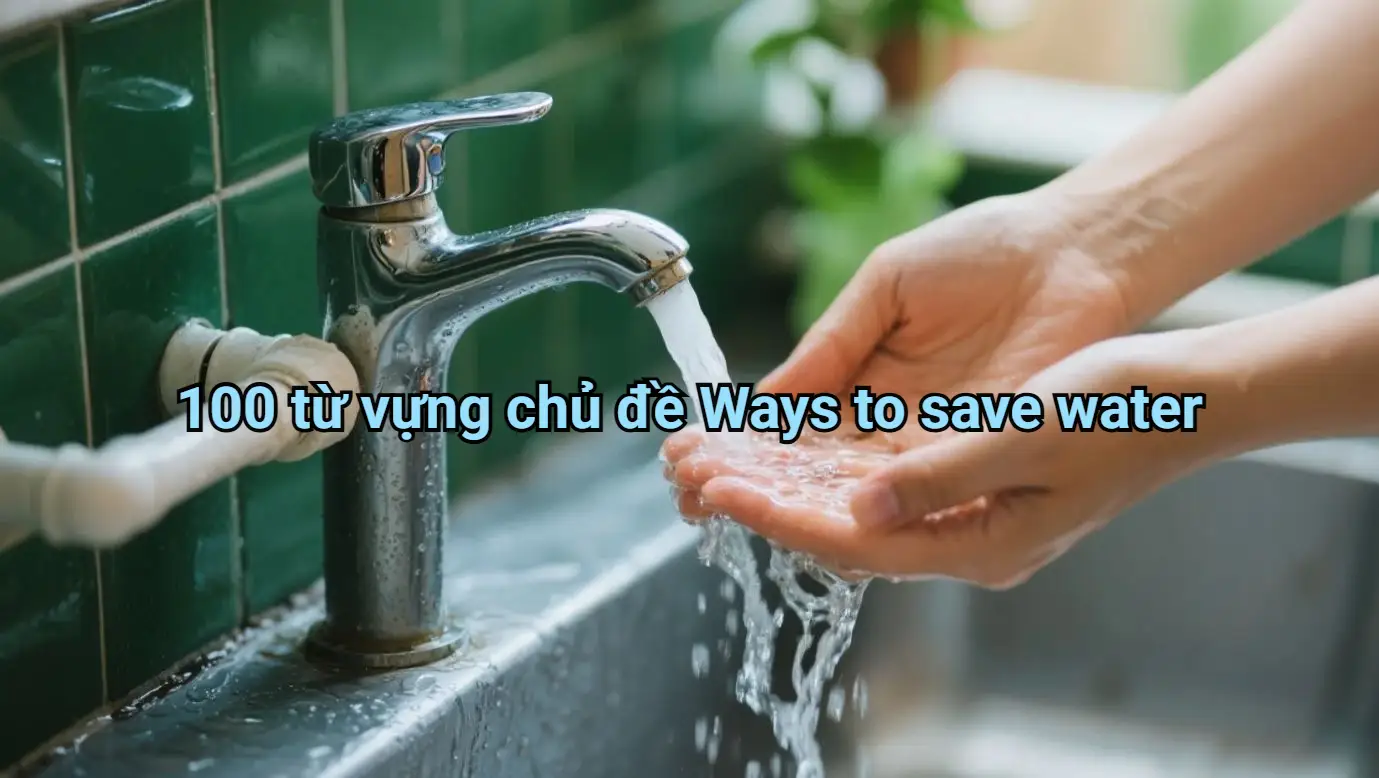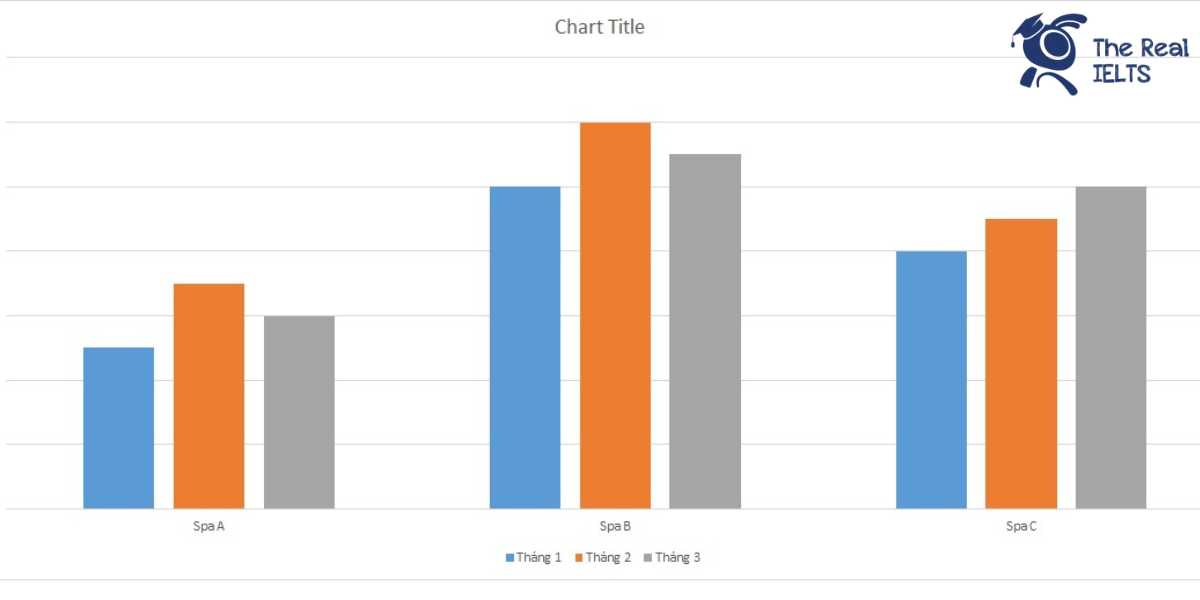Đề bài IELTS Writing Task 2 dạng Agree or Disagree Part 100
You should spend about 40 minutes on this task
The government should impose a tax on sugary drinks. To what extent do you agree or disagree?
Write at least 250 words.
Giải mẫu IELTS Writing
In recent years, the consumption of sugary drinks has surged, leading to an increase in health issues such as obesity and diabetes. Many advocate for a government-imposed tax on these beverages as a potential solution. While I believe that taxing sugary drinks can be beneficial in promoting public health, there are also considerations that suggest it may not be the most effective or equitable approach.
On the one hand, imposing a tax on sugary drinks could lead to a significant reduction in their consumption. By increasing the price, consumers might be deterred from purchasing these unhealthy beverages, opting instead for healthier alternatives like water or unsweetened tea. This shift could result in a decrease in obesity rates and related health problems, ultimately reducing the burden on the healthcare system. Additionally, the revenue generated from this tax could be allocated to public health initiatives, such as nutrition education programs and subsidies for healthy foods, further promoting a healthier society.
However, there are also arguments against this approach. Firstly, a tax on sugary drinks is regressive, disproportionately affecting low-income individuals who spend a higher percentage of their income on consumables. This could exacerbate existing economic inequalities. Furthermore, the effectiveness of such a tax is debatable. Consumers may find ways to circumvent the tax, such as purchasing sugary drinks in bulk or turning to cheaper, unhealthier alternatives that are not taxed. Moreover, education and awareness campaigns about the dangers of excessive sugar consumption might be more effective in the long term than a tax, which could be seen as a punitive measure rather than a preventive one.
In conclusion, while a tax on sugary drinks has the potential to reduce consumption and generate funds for health programs, it is not without its drawbacks. The regressive nature of the tax and its uncertain effectiveness suggest that it should be complemented by other measures, such as comprehensive public health education and improved access to affordable, healthy foods. Therefore, I partially agree with the idea of imposing a tax on sugary drinks, but believe it should be part of a broader strategy to combat health issues related to sugar consumption.
Thống kê cấu trúc câu và cấu trúc ngữ pháp
Cấu trúc câu và ngữ pháp
- Simple sentences (Câu đơn giản):
- “In recent years, the consumption of sugary drinks has surged, leading to an increase in health issues such as obesity and diabetes.”
- “Many advocate for a government-imposed tax on these beverages as a potential solution.”
- Compound sentences (Câu ghép):
- “While I believe that taxing sugary drinks can be beneficial in promoting public health, there are also considerations that suggest it may not be the most effective or equitable approach.”
- “Consumers may find ways to circumvent the tax, such as purchasing sugary drinks in bulk or turning to cheaper, unhealthier alternatives that are not taxed.”
- Complex sentences (Câu phức):
- “By increasing the price, consumers might be deterred from purchasing these unhealthy beverages, opting instead for healthier alternatives like water or unsweetened tea.”
- “Firstly, a tax on sugary drinks is regressive, disproportionately affecting low-income individuals who spend a higher percentage of their income on consumables.”
- Relative clauses (Mệnh đề quan hệ):
- “Consumers may find ways to circumvent the tax, such as purchasing sugary drinks in bulk or turning to cheaper, unhealthier alternatives that are not taxed.”
- “This could exacerbate existing economic inequalities.”
- Passive voice (Câu bị động):
- “Many advocate for a government-imposed tax on these beverages as a potential solution.”
- “The revenue generated from this tax could be allocated to public health initiatives.”
Từ kết nối các câu và đoạn văn
- Từ kết nối đoạn văn:
- On the one hand: “On the one hand, imposing a tax on sugary drinks could lead to a significant reduction in their consumption.”
- However: “However, there are also arguments against this approach.”
- In conclusion: “In conclusion, while a tax on sugary drinks has the potential to reduce consumption and generate funds for health programs, it is not without its drawbacks.”
- Từ kết nối câu:
- While: “While I believe that taxing sugary drinks can be beneficial in promoting public health, there are also considerations that suggest it may not be the most effective or equitable approach.”
- By: “By increasing the price, consumers might be deterred from purchasing these unhealthy beverages, opting instead for healthier alternatives like water or unsweetened tea.”
- Additionally: “Additionally, the revenue generated from this tax could be allocated to public health initiatives, such as nutrition education programs and subsidies for healthy foods, further promoting a healthier society.”
- Firstly: “Firstly, a tax on sugary drinks is regressive, disproportionately affecting low-income individuals who spend a higher percentage of their income on consumables.”
- Furthermore: “Furthermore, the effectiveness of such a tax is debatable.”
- Moreover: “Moreover, education and awareness campaigns about the dangers of excessive sugar consumption might be more effective in the long term than a tax, which could be seen as a punitive measure rather than a preventive one.”
- Therefore: “Therefore, I partially agree with the idea of imposing a tax on sugary drinks, but believe it should be part of a broader strategy to combat health issues related to sugar consumption.”
Các từ vựng tiếng Anh cần lưu ý trong bài viết
- Impose – Áp đặt
- Tax – Thuế
- Sugary drinks – Đồ uống có đường
- Consumption – Sự tiêu thụ
- Health issues – Các vấn đề sức khỏe
- Obesity – Bệnh béo phì
- Diabetes – Bệnh tiểu đường
- Advocate – Người ủng hộ
- Beneficial – Có lợi
- Promoting – Khuyến khích
- Public health – Sức khỏe cộng đồng
- Deterrent – Rào cản
- Purchasing – Mua
- Alternatives – Các lựa chọn thay thế
- Healthcare system – Hệ thống chăm sóc sức khỏe
- Revenue – Doanh thu
- Allocated – Phân bổ
- Nutrition education programs – Các chương trình giáo dục dinh dưỡng
- Subsidies – Trợ cấp
- Equitable – Công bằng
- Regressive – Hồi quy (ảnh hưởng ngược lại)
- Low-income individuals – Cá nhân có thu nhập thấp
- Economic inequalities – Sự bất bình đẳng kinh tế
- Circumvent – Tránh né
- Bulk – Số lượng lớn
- Awareness campaigns – Các chiến dịch nâng cao nhận thức
- Punitive measure – Biện pháp trừng phạt
- Preventive – Phòng ngừa
- Drawbacks – Nhược điểm
- Uncertain effectiveness – Hiệu quả không chắc chắn
- Complemented – Bổ sung
- Comprehensive – Toàn diện
- Affordable – Có thể chi trả
- Broader strategy – Chiến lược rộng lớn hơn
Đọc thêm các bài Luyện Thi IELTS khác trong link nhé.















